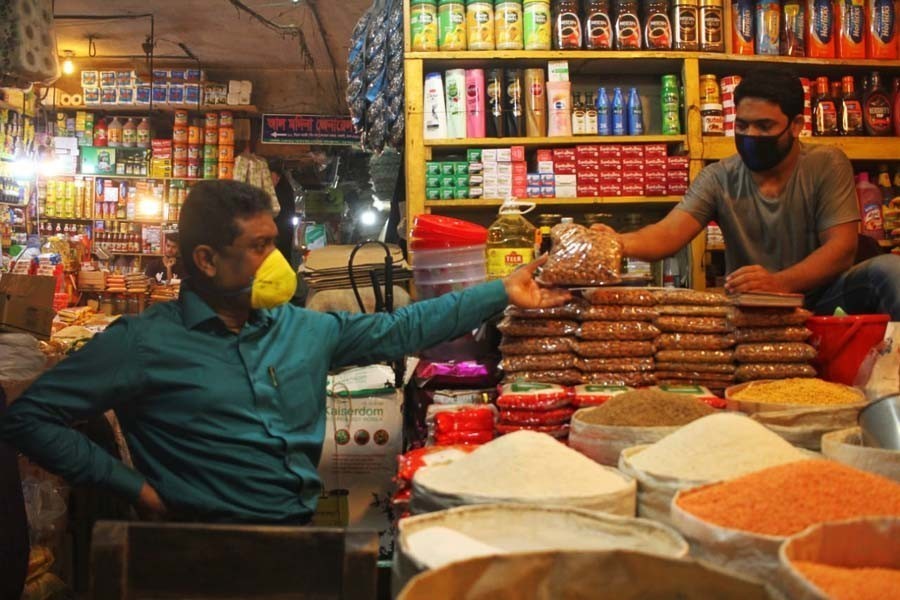The United Kingdom(UK) is finding out the hard way that divorce can be messy if the prenuptial isn't clearly defined. 'What if' scenarios are common processes that inform strategy formation in business. That governance is as much a business these days appears to have been lost on politicians. Ensnared by petty expansionist ambitions, mindless proxy wars and short term fixes, governments are guilty of taking their eye off the ball. Poverty, health and lack of sustainable livelihoods are eating into the entrails of the best of intended development resulting in increased bills and greater debt.
Economists have pointed out that the present is not a time to worry over increases debt, borrowing or spending. People must be looked after so as to create the foundations of a regrow that in economies. The United States (US) law makers have squabbled fiercely before agreeing to allow for debt to go to US$26 trillion, close to 90 per cent of the nation's Gross Domestic Product (GDP). Dangerous territory no doubt but without alternatives. The UK's debt is the highest since the Second World War. Coming on top of all woes, bite by bite, the country is eating humble pie over the post Brexit situation. It wasn't a surprise. Lorry drivers can't be found to transport essential goods and fuel. Butchers are becoming hard to come by. The tourism industry is in shortage of manpower. Farm workers aren't available in the numbers required. That the free-movement between Europe and the UK would create issues had been highlighted but not addressed. The fishing territory rights has squared off the UK with France. The bigger headache is the re-emergence of border check point realities in Ireland. Boris Johnson has frequently made U-turns about what exactly these customs points should be. The European Union is not amused no matter how vigorously the sovereignty card is waved by the UK.
Business and supply chains today are mostly cross-border, transcending traditional and outdated rigidity of border controls. The ease of operations were such so as to be taken for granted. Vision and reality can be quite different unless connected. Juxtaposition to any other region of the world reveals similarities that do not portend well for the future. Self-sufficiency has suddenly regained pole position in a world where ugly spats of sourcing and outsourcing take centre stage. Australia finds itself in a position where its rich mineral resources have lost their major buyer, China. That country has unveiled a long time strategy to reduce dependence on the vital microchips it requires. Negotiations have begun to tie-up agreements for chip production inputs with other countries. Add to that the growing divide between fossil fuel and renewable energy to address Climate Change and it all gets more confusing.
Countries such as Bangladesh are suffering from an inexplicable shortage of food grain. Sky-rocketing prices are forcing the government to opt for slashing duties on imports to keep prices stable. Even with that, prices refuse to budge downwards. An unwillingness or inability to probe deep into such shortages is as inexplicable. As recent as last year tonnes of onions, imported to fill the void of a sudden halt of exports from India, were left to rot in the ports and godowns of Chittagong's Khatunganj wholesale market. It hit revenues, foreign exchange and ended up in total wastage. This opens up the questions related to the dependence of electricity imports from countries that aren't necessarily surplus. Electricity production capabilities have been beefed up sufficiently. It's the development of transmission that is sorely lacking. More of a puzzle is vegetables that were never imported officially and that which is rapidly going out of reach.
Commodity prices world-wide are on the rise due to lower production and greater demand. Keeping these under control is an uphill battle. The fair-price sales through Trading Corporation of Bangladesh's (TCB) truck sales is under huge pressure again, due to demand outstripping the organisation's ability to deliver. As it is, coverage is woefully limited leaving most consumers hung out to dry. The reality is that family budgets, under pressure from job-losses and reduced salaries are having to be trimmed to the extent of cutting painful corners. Psychologically these are telling significantly on mental health.
The UK has begun to reverse its policies in issuing visas to Euro nationals. Bangladesh may well have to rejig it's priorities in the fair-price game investing in ensuring friendly supply chains that serve all ends round. The middle-man must now be taken to task.


